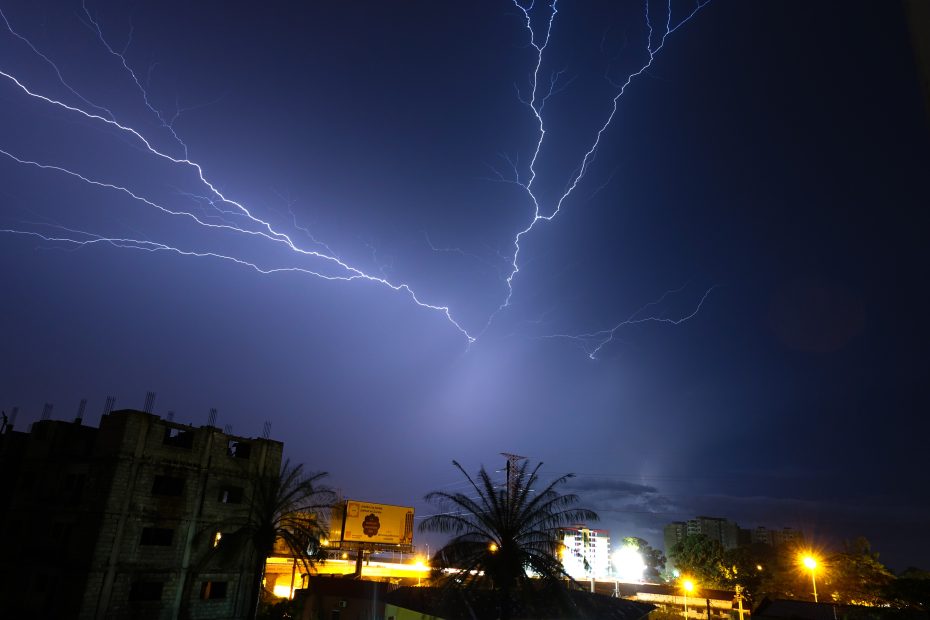Table of Contents
Introduction
Guinea-Bissau is a small, tropical West African country situated on the Atlantic coast. It borders Senegal to the north and Guinea to the south and east. The country covers around 14,000 square miles and consists mostly of low-lying coastal plains with some higher elevations in the east.
Guinea-Bissau was once part of the medieval Mali and Ghana empires before Portuguese colonizers arrived in the 15th century. It remained under Portuguese control until declaring independence in 1973 after a long liberation war. Since then, the country has suffered from political instability, poverty, and food insecurity. However, it retains a vibrant culture deeply rooted in its African heritage.
People and Culture
There are over 20 ethnic groups in Guinea-Bissau but the largest are the Balanta and Fula. Portuguese is the official language, while the most widely spoken indigenous language is Creole. Many other African languages are also used.
The main religions are indigenous animist beliefs combined with Islam, which over half the population follows. Christian missionaries introduced Christianity during colonization but it remains a minority religion.
Music and dance play an important cultural role. The balafon xylophone and drumming feature in celebratory music. Complex polyrhythmic dances with costumes and masks bring communities together on special occasions.
Cuisine incorporates rice, fish, meat stews, and tropical fruits. Cashew nuts are a major export crop. Palm wine tapped from palm trees is a popular drink. Gender roles are traditional, with men considered the head of the household. Extended families often live together.
Traditional Livelihoods and Economy
Subsistence agriculture and fishing support local livelihoods. Rice, millet, sorghum, peanuts, and cashews are grown. Overfishing by foreign trawlers poses problems for local fishermen relying on shallow coastal waters teeming with fish, shrimp, and oysters.
Under Portuguese rule, cash crops like peanuts and timber were exploited for export. Independence brought economic decline and instability. Recent growth in services and construction provides some jobs in urban areas but poverty remains widespread, especially in rural regions.
Nature and Wildlife
Guinea-Bissau’s coastline and forests boast diverse wildlife. Orango National Park consists of islands with mangroves, monkeys, and rare marine turtles. The Cantanhez Forest houses chimpanzees, buffalos, and hippos. Other parks protect embattled chimps, elephants, leopards and rare birds like the impressive Goliath heron.
Environmental challenges include deforestation, soil erosion, overfishing and climate change impacts. However, expansion of protected areas and ecotourism initiatives aim to safeguard habitats and species while benefiting local communities.
Politics and Challenges
Years of political turmoil have hampered Guinea-Bissau’s development. Since independence from Portugal, the country has experienced multiple coups and changes in leadership. Political unrest continues between competing parties.
Widespread poverty means limited access to education, healthcare, electricity and safe water for many citizens. Life expectancy is low at around 55 years. Illegal drug trafficking through the region exacerbates instability.
Tourism
For intrepid travelers, Guinea-Bissau provides an opportunity to experience authentic African culture and nature relatively untouched by mass tourism. The sultry, Portuguese-influenced capital Bissau offers music, markets, colonial architecture and nightlife. The Bijagós islands dotting the coast provide beach relaxation and wildlife viewing.
Visitors should note travel can be difficult and tourist infrastructure is minimal outside the capital. While petty crime can be an issue, most locals are welcoming and eager to share their heritage. Budget accommodation and food catering to local tastes is readily available.
It’s essential to check current political conditions and travel advisories for safety before visiting. A yellow fever vaccination certificate may be required. Hiring a local guide is recommended to navigate the challenges and maximize enjoyment of this little-explored destination.
Preserving Tradition
To counter cultural losses under colonization, Guinea-Bissau aims to preserve its heritage through education, arts and community programs. These efforts empower local languages and artforms to flourish while balancing modernization.
Globalization and outside influences inevitably bring change. However, safeguarding customs and embracing positive change allow Guinea-Bissau to retain its identity amidst progress. Providing economic opportunities and political stability to citizens could strengthen cultural preservation.
With support, optimism exists that Guinea-Bissau’s proud and diverse traditions can endure while its people also reap the benefits of connectedness to the global community. The country’s vibrant culture has already survived tumultuous times and seems poised to keep thriving into the future.
Conclusion
Guinea-Bissau remains one of Africa’s least explored destinations, where rich wildlife, diverse ethnic groups and remnants of the colonial past offer visitors authentic cultural immersion combined with tropical nature. While political instability and poverty continue to hamper its population, efforts to preserve traditions, promote ecotourism and empower local communities aim to improve livelihoods and safeguard Guinea-Bissau’s heritage. Intrepid travelers will discover a warm welcome, lively culture, and untouched nature in this fascinating corner of West Africa where tradition endures. The future is uncertain but optimism exists that Guinea-Bissau’s vibrant ancestral roots can flourish despite the winds of change.
FAQs:
What are the main ethnic groups in Guinea-Bissau?
The largest ethnic groups are the Balanta and Fula, followed by Mandinka, Manjaco, Papel, Fulup, Bijago, Nalu, Biafada, and Mancanha among others.
What languages are spoken in the country?
Portuguese is the official language, while Creole is the most widely spoken mother tongue. Many ethnic African languages like Balanta, Pular, and Mandinka are also commonly used.
What is the dominant religion in Guinea-Bissau?
Most people follow indigenous animist beliefs combined with Islam, which around 45% of the population adheres to. Smaller numbers of Christians and those practicing only African traditions make up the remainder.
What are the key environmental issues facing Guinea-Bissau?
Deforestation, soil erosion, destructive fishing practices, climate change impacts like rising sea levels, and biodiversity loss of forests and wildlife are the major concerns.
How can cultural preservation help Guinea-Bissau’s development?
Safeguarding local languages, artforms, music, oral histories and community traditions helps retain national identity and empower citizens amidst globalization and technological change.
